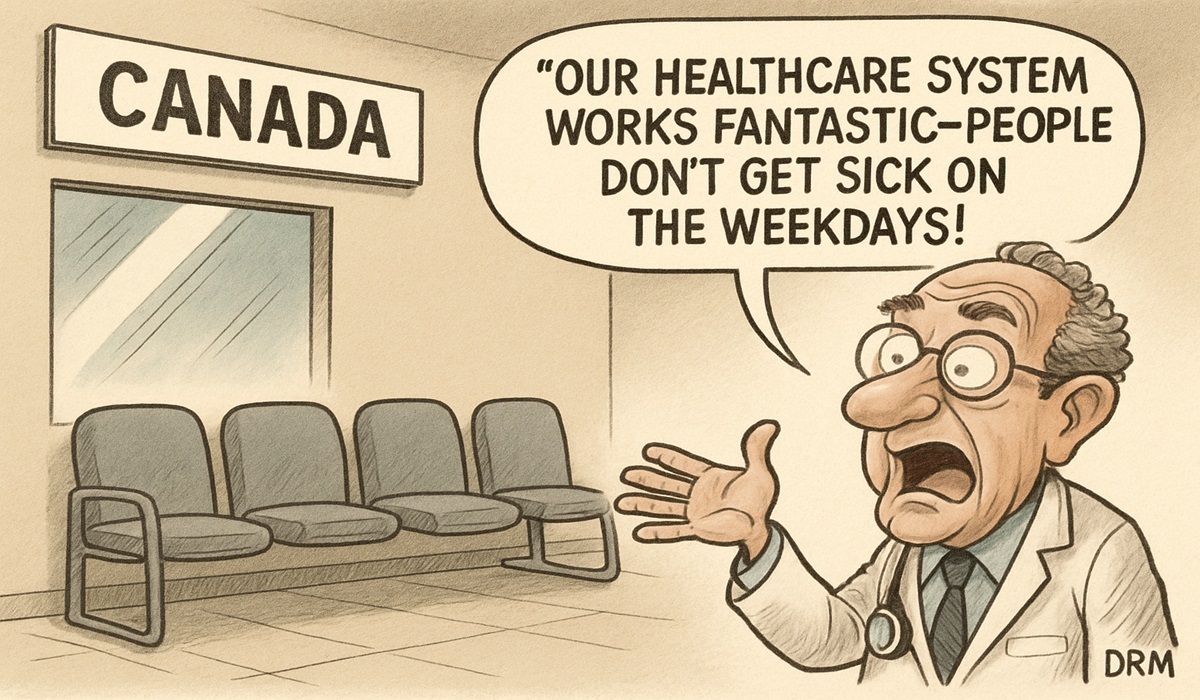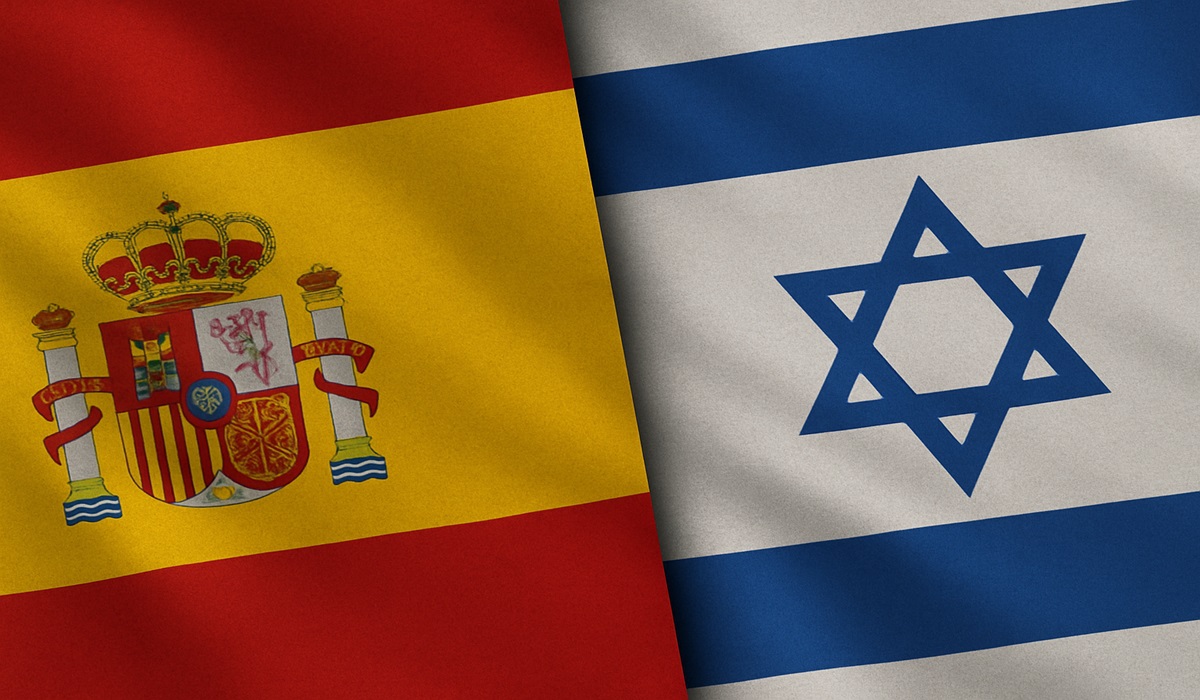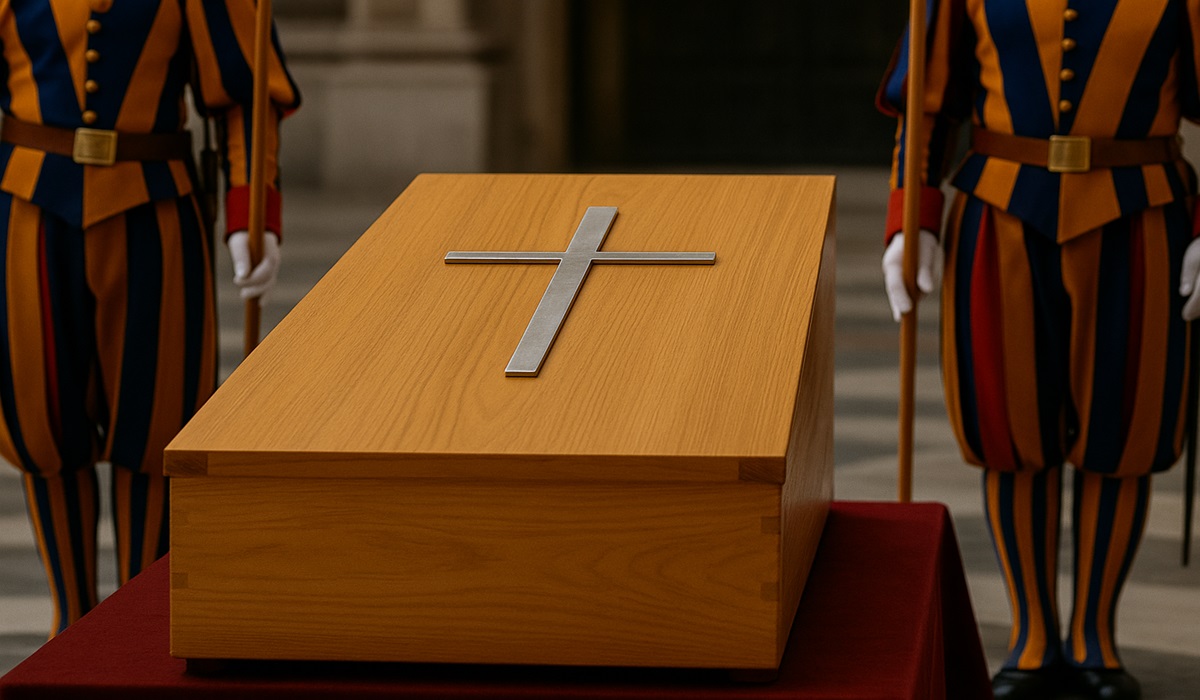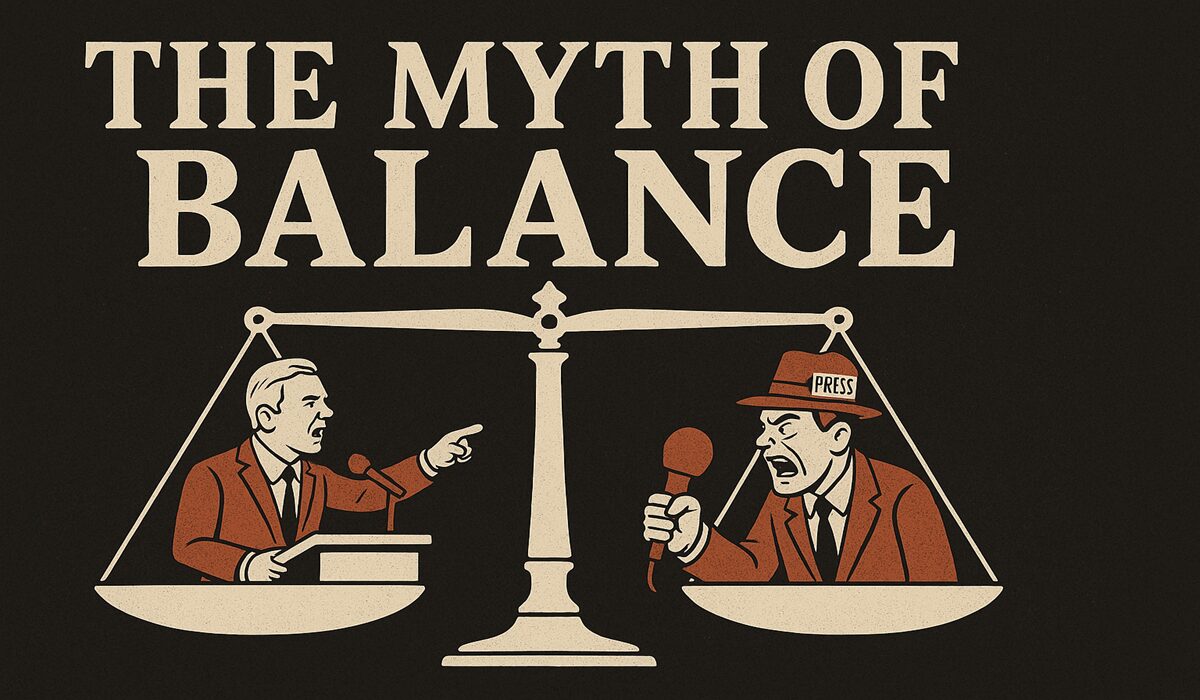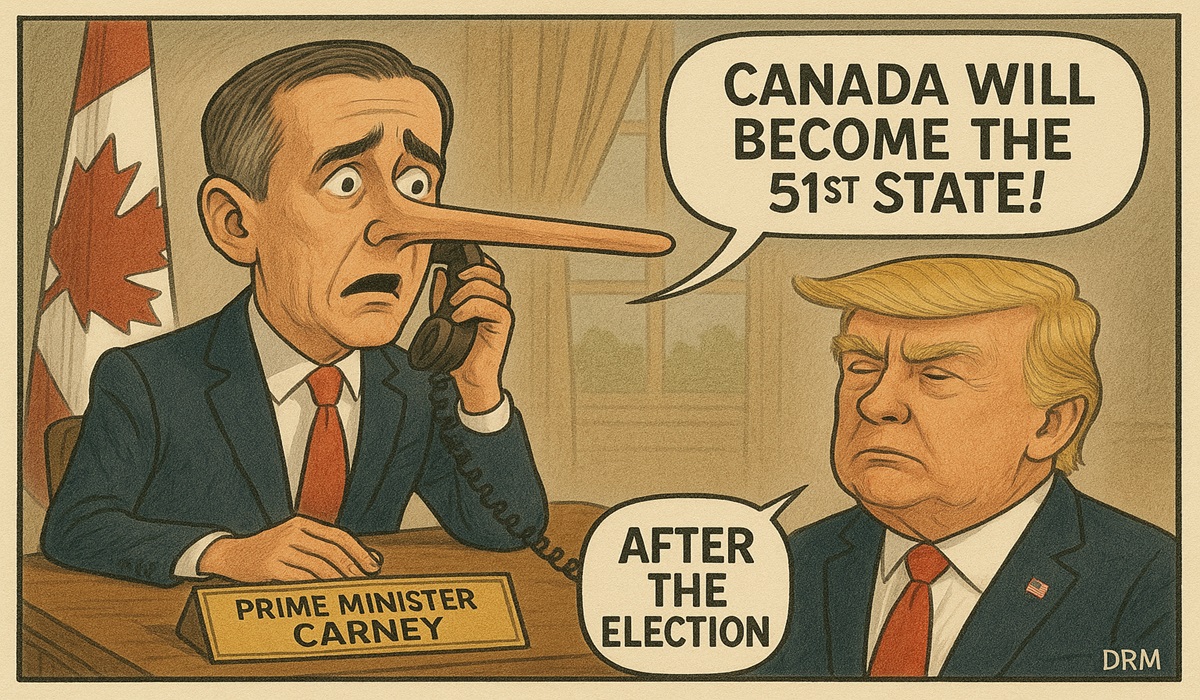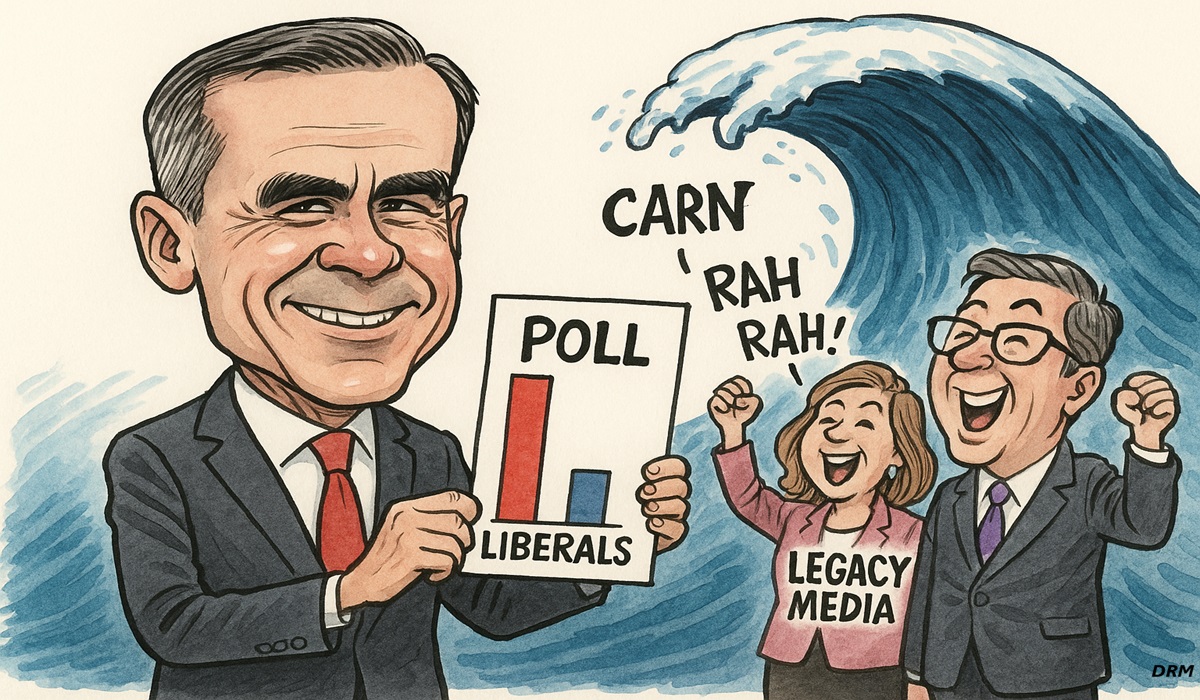El Salvador’s Iron-Fist Model Delivers Real Results—and America Should Be Paying Attention
- Xuemei Pal
- D.O.C Supplements - Trending News
- March 31, 2025
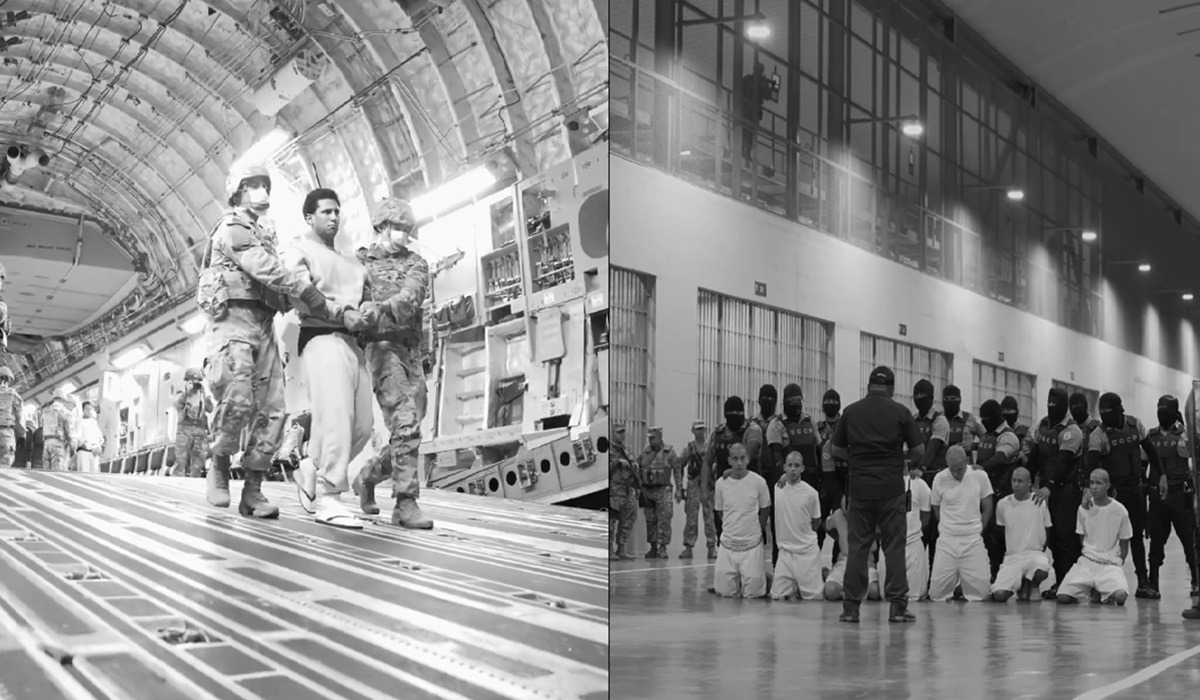
In a bold and coordinated move, El Salvadorian President Nayib Bukele announced the transfer of another 17 of the world’s most violent criminals to his country’s mega-prison—the now-infamous Terrorism Confinement Center. These offenders, all linked to the brutal MS-13 and Tren de Aragua gangs, include six convicted child rapists and confirmed murderers. The joint operation with U.S. military and law enforcement marks a rare show of international muscle in the fight against transnational organized crime—and it may offer a glimpse at a model that works.
“Last night, in a joint military operation with our allies from the United States, we transferred 17 extremely dangerous criminals linked to Tren de Aragua and MS-13,” Bukele said. “This operation is another step in the fight against terrorism and organized crime.”
Let’s be clear: El Salvador was once one of the most dangerous places on Earth, with murder rates that rivaled war zones. But that story is changing—and fast. What President Bukele has unleashed on organized crime is not a reform, not a rehabilitation program—it’s a reckoning. His approach is not for the faint of heart, but the numbers don’t lie. Homicides have dropped to record lows. Extortion is down. The fear that once haunted everyday Salvadorans is lifting. And the streets, once owned by gangs, are starting to belong to the people again.
It’s easy for outsiders to sit in comfort and criticize a model they’ve never had to depend on. It’s easy to lecture from behind a desk in Washington or Geneva. But for a nation that was held hostage by violent gangs, the results are real. The question isn’t whether this model offends liberal sensibilities—it’s whether it’s saving lives. And by every meaningful metric, it is.
The prison itself, the Terrorism Confinement Center, is a fortress. Housing tens of thousands of the worst offenders, it is run not with leniency but with absolute authority. Critics call it harsh. Supporters call it effective. But what no one can deny is that it’s working. And when your citizens feel safe for the first time in decades, when mothers no longer cry every night for sons lost to street violence, when businesses can operate without paying a gang tax—those are the results that matter.
Should America adopt this model wholesale? No—it wouldn’t survive a single court challenge. The U.S. Constitution guarantees rights and protections that make a prison like Bukele’s unthinkable. But that doesn’t mean America can’t learn something. Because in many U.S. cities, it feels like the asylum is running the institution. Gangs rule neighborhoods. Drugs flood the streets. The judicial system is overwhelmed. Something has to give.
And that’s the point. El Salvador turned the tide by flipping the balance of power back in favor of the state. It stopped asking violent offenders what they needed and started telling them what they would get—consequences. President Bukele governs the silence now. The gangs no longer do. And whether people like it or not, that silence is what peace sounds like.
So yes, America may never operate a supermax like El Salvador’s. But as the violence at home festers, maybe it’s time to ask: How far is the United States willing to go to reclaim its own streets? If the answer is “not far enough,” then don’t be surprised when the lions keep taking lives. Because those lions aren’t sleeping—they’re watching.

